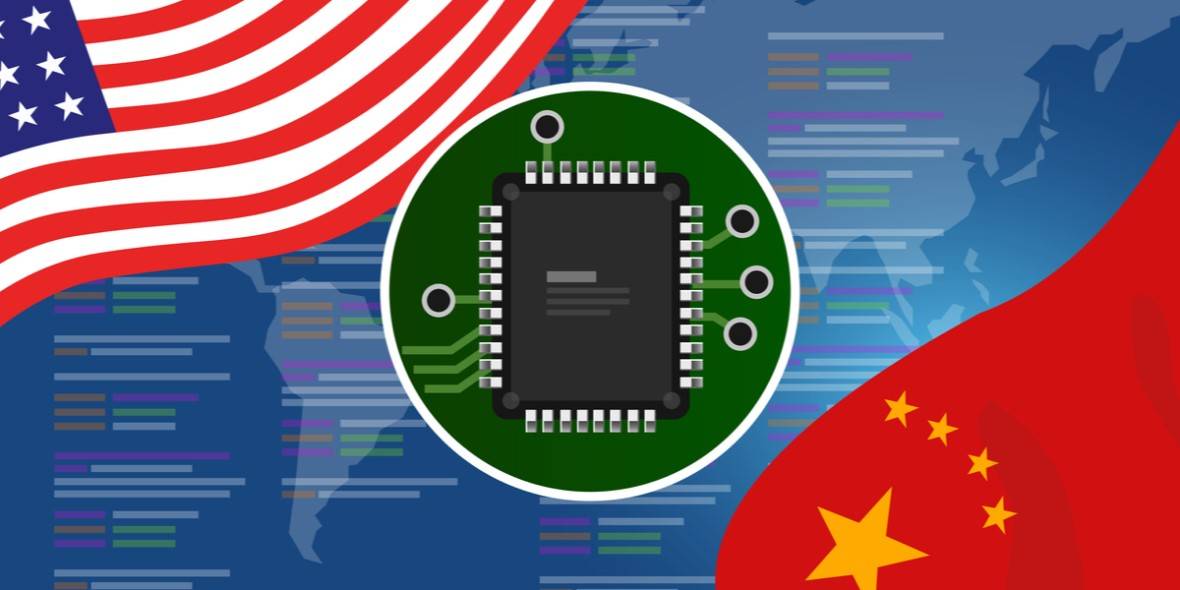J0h1F
Respected Leader
Virallisesti Taiwanin hallitus on Kiinan laillinen hallitus, siis niillä määritelmillä laillisesta jatkumosta, joita me Pohjois-Euroopassa käytämme.Trollaan "vähän" mutta virallisesti Taiwan on osa kiinaa (ainakin EUn mielestä) niin miksei Kiina sitten saisi liittää aluetta tiukemmin itseensä, ei kai taiwanilaisten mielipiteellä voi olla tähän oikeudelliseen kysymykseen merkitystä?
Tosin koska KMT:n valta-aseman murtumisen jälkeen siellä on tajuttu, että Taiwanissa asuvat menettäisivät itsemääräämisoikeutensa kokonaan, jos Kiinan tasavallan järjestelmä palaisi hallitsemaan koko Kiinaa, on Taiwan pyrkinyt kohti suvereniteettia omana valtionaan. Ainoastaan aivan vanhin väestö, joka pakeni Manner-Kiinasta Taiwaniin, vielä haaveilee tasavallan täyden suvereniteetin palauttamisesta.
Manner-Kiinan väestö on indoktrinoitu KKP:n ideaaleihin niin vahvasti, että Taiwanissa ihan syystä pelätään järjestelmän totaalista muutosta, vaikka yhdistyminen tapahtuisi tasavallan lainsäädännön alla. Siksi nuoret polvet haluaisivat voittopuolisesti julistautua itsenäiseksi.











